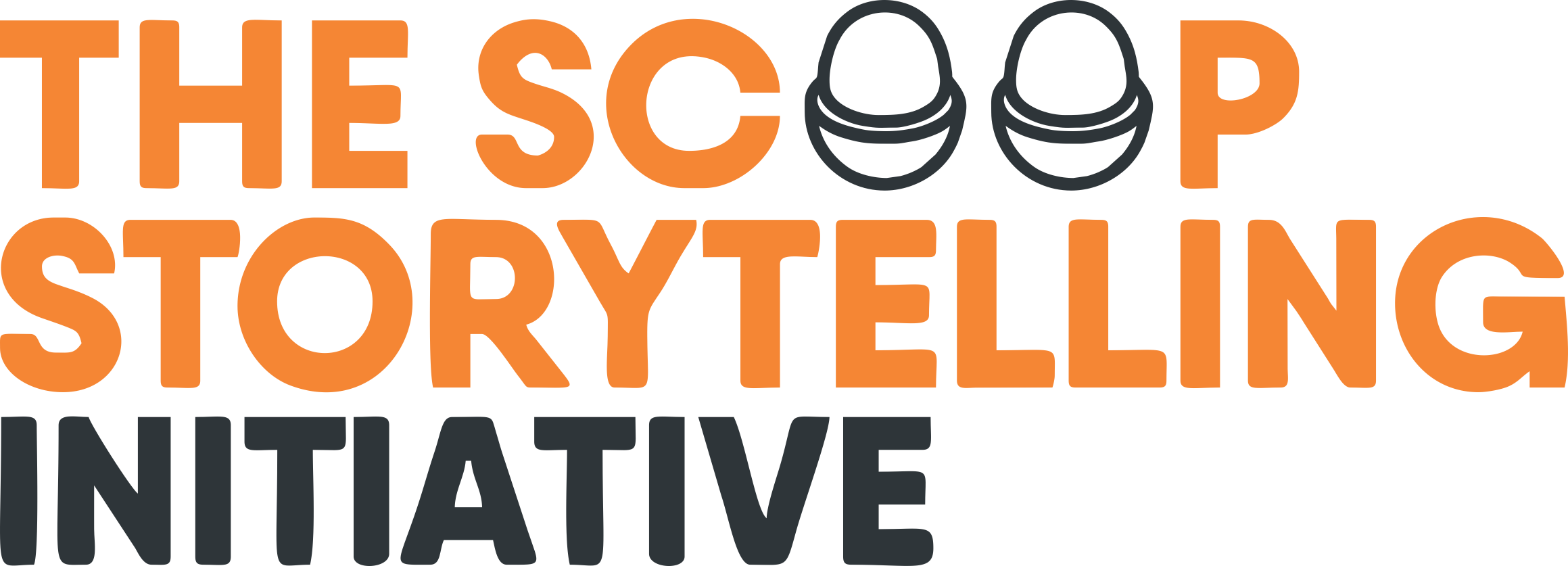Nigerian Rahama Aliyu Yelwa specializes in assisting women during childbirth. She says that becoming a doula wasn’t just a career choice for her; it was the culmination of personal experiences and a deep-seated passion for supporting mothers.
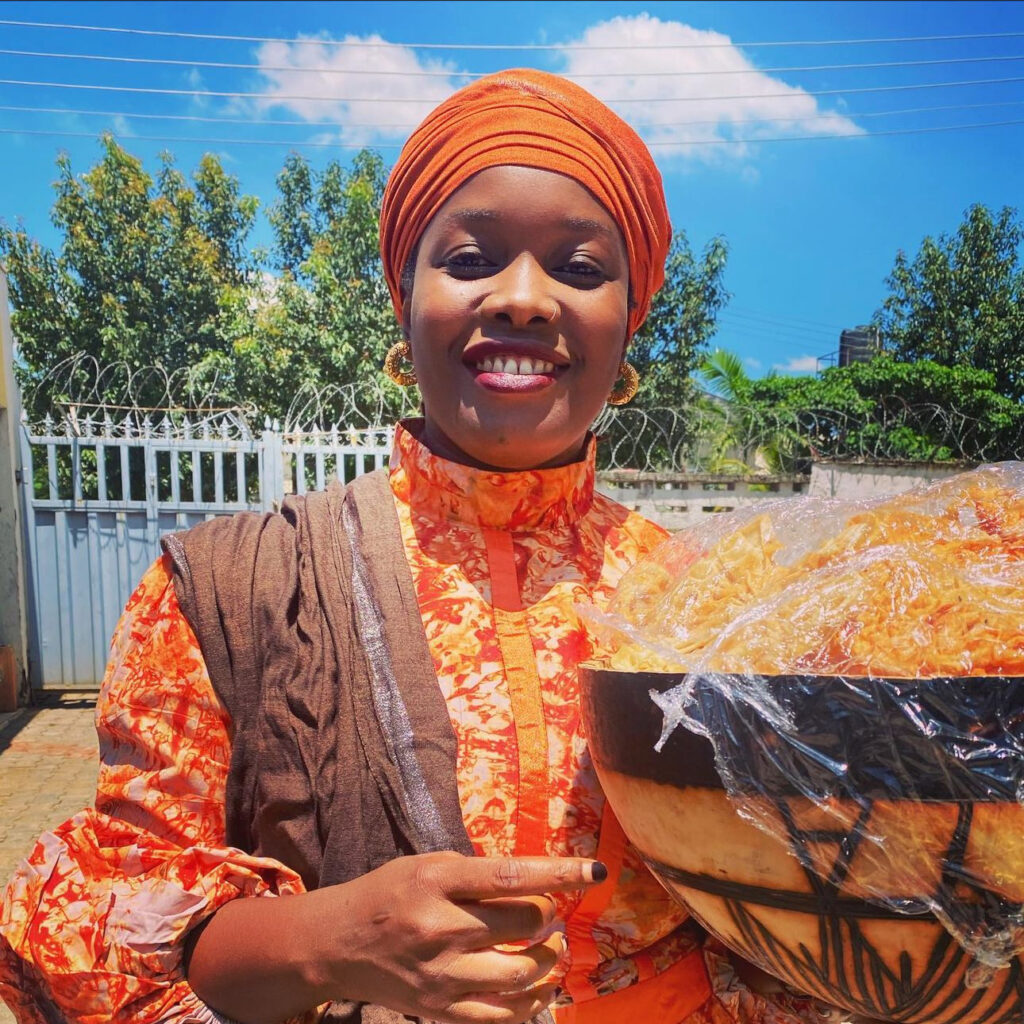
“My journey into the world of doula care began with my journey into motherhood.”
Like many women, she found herself navigating through pregnancy and childbirth with a sense of uncertainty and a lack of comprehensive support. As a teacher, she witnessed firsthand the struggles of unsupported mothers in the classroom.
“Their children often displayed signs of stress and emotional turmoil, reflecting the challenges their mothers faced” she lamented.
It became clear to her that there was a gap in the support system for mothers, one that needed to be filled with community-based care and understanding.
The moment came when a dear friend gifted her a book titled “What to Expect When You’re Expecting.” This invaluable resource became her beacon of knowledge, empowering her with the information she needed to navigate the intricacies of pregnancy and childbirth. It was then that she realized the importance of being well-informed and the transformative power of accessible information for expectant mothers.
“After the birth of my child, I was struck by the lack of guidance provided by hospitals. While they cautioned against certain actions, they failed to offer concrete advice on what to do instead” she said
It was through the support of her friend and her own experiences that she found solace and guidance during those challenging early days of motherhood. Driven by a desire to provide comprehensive support to women, she embarked on her journey as a doula.
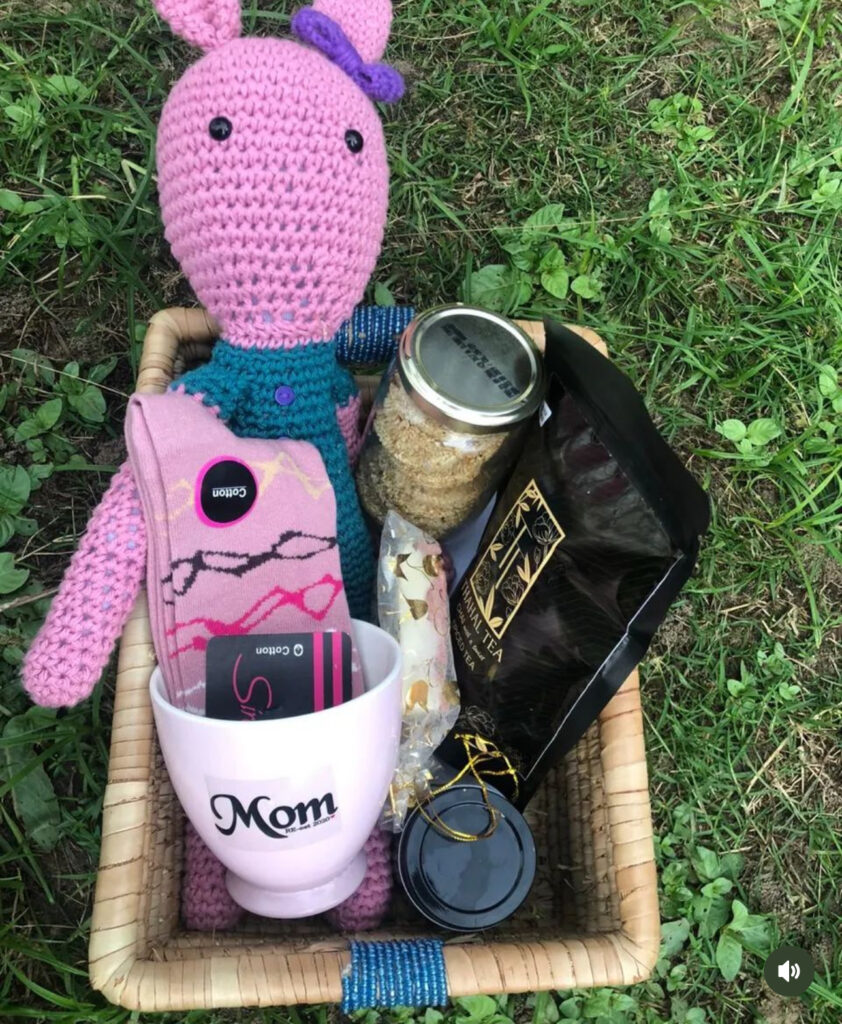
“My approach is rooted in the principles of community and gender-centred care”
MATERNAL MORTALITY IN NIGERIA
Maternal mortality in Nigeria remains one of the highest globally. A 2023 report from the World Health Organisation (WHO) revealed that Nigeria accounted for 12 per cent of global maternal deaths, stillbirths and neonatal deaths — the second largest in the world.
This high prevalence of maternal death in the country has been linked to inequities in access to health services during pregnancy and childbirth.
WHO IS A DUOLA?
The word Doula originates from the Greek word for “slave” and was coined in 1976 by Dana Raphael to describe an experienced woman who, after birth, assisted the mother with breastfeeding her. Doulas gained popularity during the 1980s when women became distressed at the ever-increasing rate of cesarean sections.
A doula is a special companion who supports you during pregnancy, labor, and birth (Morton & Clift 2014). Doulas are trained to provide continuous, one-on-one care, physical support, and emotional support during labor. They may also provide information and support to families before or during birth, and into the postpartum period. There are many different types of doulas, along with many different types of training, certifications, traditional practices, and perspectives on doula care.
Women began to invite a female friend, their childbirth instructor, or an obstetrical nurse with whom they were friends to provide labor support to have an advocate to help them avoid routine procedures that could lead to a cesarean.
In recent years, there has been a remarkable shift in the way people approach childbirth and the support they seek during this transformative journey. As society evolves, so do the expectations and needs of expectant parents. Doulas provide
Empowerment through Personalized Care: Doulas offer tailored emotional, physical, and informational support, empowering parents to make informed decisions.
Bridging the Gap in Healthcare: Doulas act as liaisons, offering guidance and advocacy to navigate the complex healthcare system effectively.
Enhanced Birth Outcomes: Research shows that doula support leads to shorter labor durations, reduced medical interventions, and higher satisfaction with the birth experience.
Addressing Emotional Well-being: Doulas provide invaluable emotional support, promoting mental well-being and reducing the risk of postpartum mood disorders.
Cultural and Diversity Considerations: Doulas trained in cultural sensitivity bridge gaps between different backgrounds, ensuring expectant parents feel understood and supported.
Postpartum Support and Beyond: Postpartum doulas assist with newborn care, breastfeeding support, and emotional well-being, extending support beyond childbirth.
CREATING JEGO VILLAGE – COMMUNITY SUPPORT FOR MOTHERS
Rahama created “Jego Village,” a space where women can seek support during pregnancy and childbirth. Integrating traditional herbs and cultural practices, she honours diverse backgrounds and promotes holistic care.
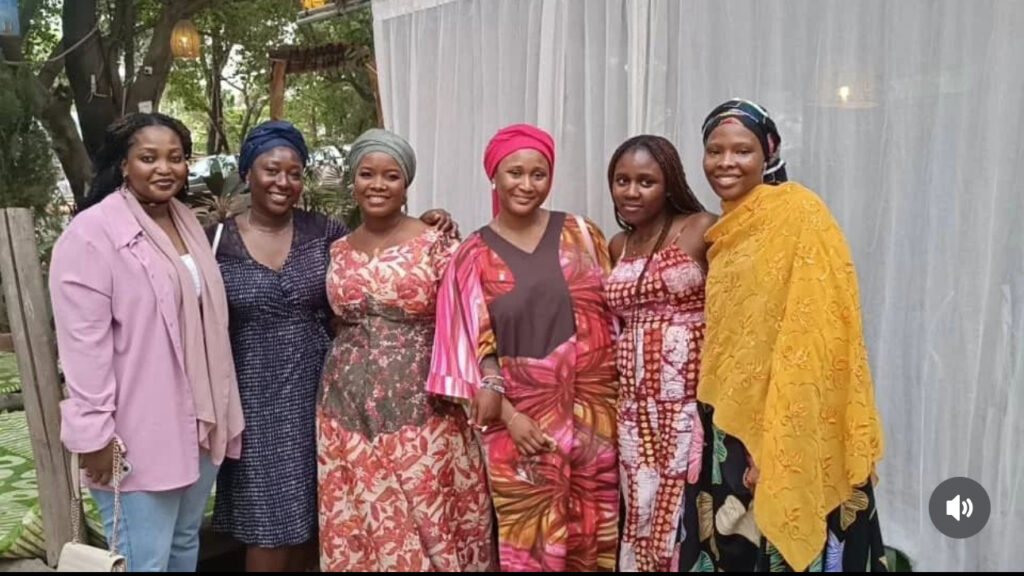
In many other cultures, there are definite postpartum rituals that go into effect once a woman has given birth. These typically last for two to six weeks after birth and include special foods, drinks, bathing rituals, and relief from a normal household and child-care responsibilities. What is the result? Mothers in these cultures are more successful at nursing their infants and experience little to no postpartum depression in comparison to our modern culture.
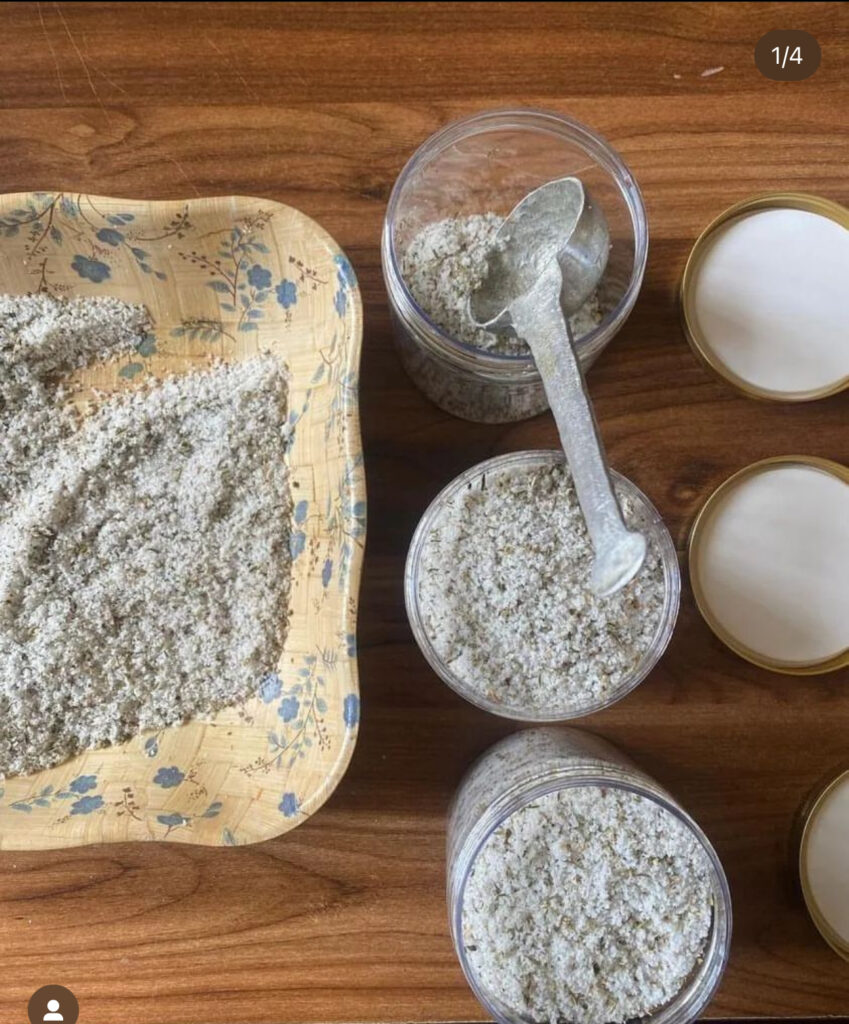
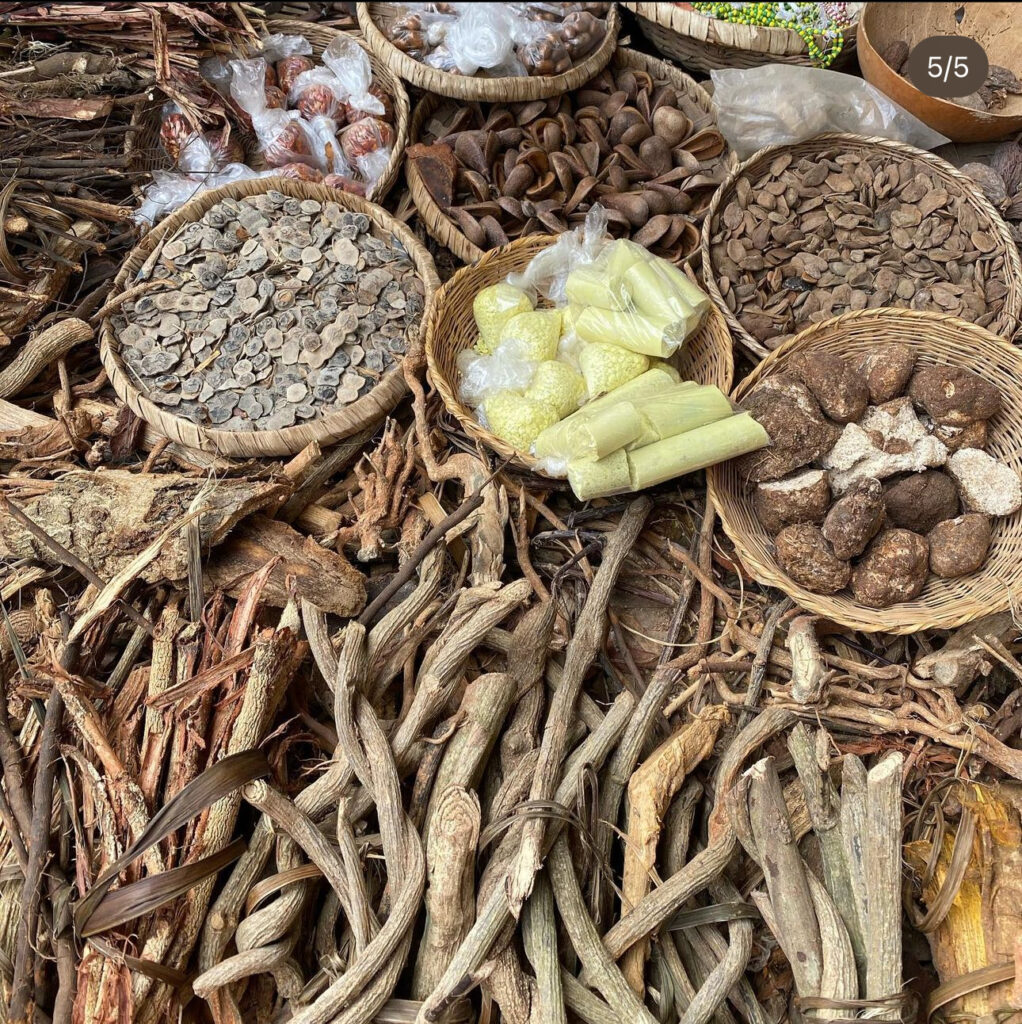
One of the most rewarding aspects of being a doula is bearing witness to the miracle of birth. Despite the fears and anxieties that accompany childbirth, there is a sense of awe and wonder in welcoming new life into the world. As a doula, she stands alongside mothers, offering guidance and support as they navigate the journey of childbirth.
The path to becoming a doula is not without its challenges. “Resistance from medical practitioners and extended family members is a hurdle that I often encounter. However, it is a challenge that I am willing to confront to fulfil my mission of empowering women through doula care.” She says.
“Looking ahead, I am excited about the prospect of expanding my doula practice”
She looks forward to integrating it into the healthcare profession within Nigeria’s reality. “The ultimate goal is to create a culture of support and empowerment for women, one birth at a time.”
As we look to the future, it is clear that the demand for doulas will continue to increase. The unique and personalized care provided by doulas empowers expectant parents, bridges gaps in healthcare, improves birth outcomes, and addresses emotional well-being. Additionally, the importance of culturally sensitive care and the recognition of the postpartum period as a critical time for support contribute to the growing demand. Embracing the role of doulas in birth and postpartum care is not only a trend but a movement towards a more holistic and empowering approach to childbirth.
